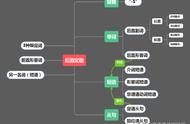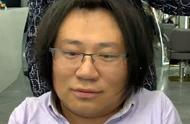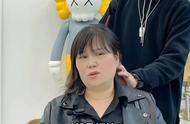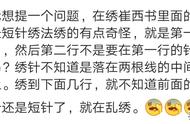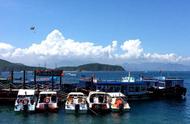
(1)表示方式、地点和时间的副词一般放在一个句子的主要动词之后。
- They looked anxiously at each other.他们焦虑地看着对方。
- She is sleeping upstairs.她正在楼上睡觉。
- They will leave tomorrow. 他们明天将离开。
(2)若这个动词带宾语,则副词放在此宾语之后。
- I read the instructions carefully.我仔细地阅读了说明。
- We will see you tomorrow. 我们明天见。
(3)表示时间的副词也可以放在句首。
2.程度副词和频度副词
(1)一些副词放在主要动词之前,be 动词除外。这些副词包括程度副词(如 probably, definitely, certainly),频度副词(如 often, sometimes , rarely)以及副词 still。
- She sometimes visits us. 她有时会来看望我们。
- She still lives in London。她仍然住在伦敦。
(2)若动词为 be,副词则放在其后 。
- They are probably expensive。它们可能非常昂贵。
- She was still beautiful。她依旧美丽。
(3)句中有助动词时,副词放在助动词之后。
- They will probably leave.他们可能会离开。
- They have often helped us in the past.过去他们经常帮助我们。
3. only
(1)olny 表示“别无他人或他物”或“不超过某一数量或大小”。
olny 可放在一个句子的主语之前。
- Only his close friends knew how ill he was.
- 只有他的好友知道他的病情有多严重。
(2)only 也可放动词之前、第一个助动词之后,动词 be 除外。
- They only w went as far as the station.他们只走到火车站那么远。
- We could only choose two of them.我们只能从中选出两个。
(3) 如果动词是 be 的某种形式,则将 olny 放在其后。
- There is only one train that goes from Denmark to Sweden by night.
- 晚上只有一趟从丹麦发往瑞典的火车。







